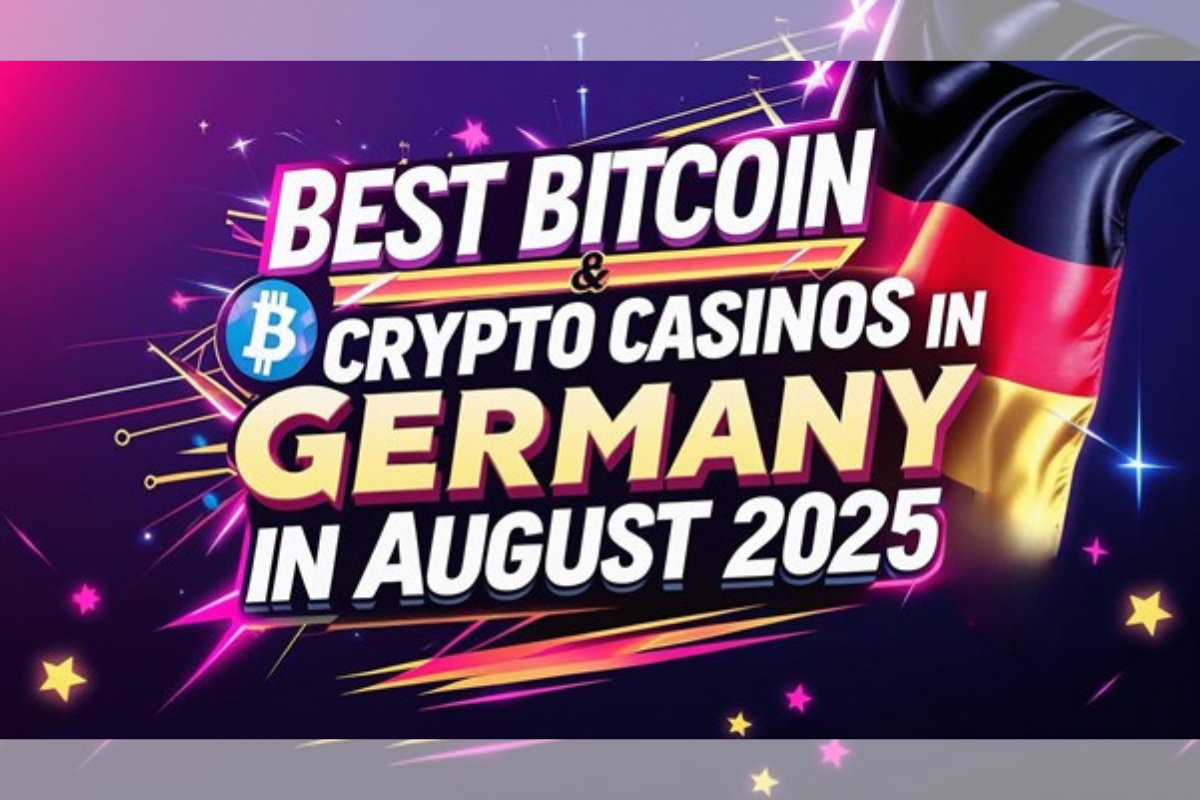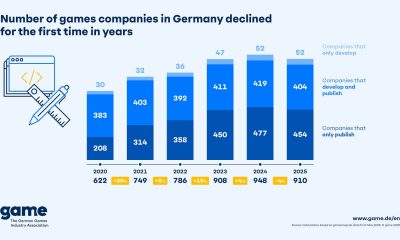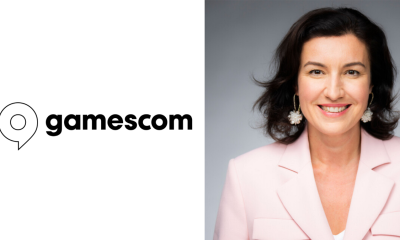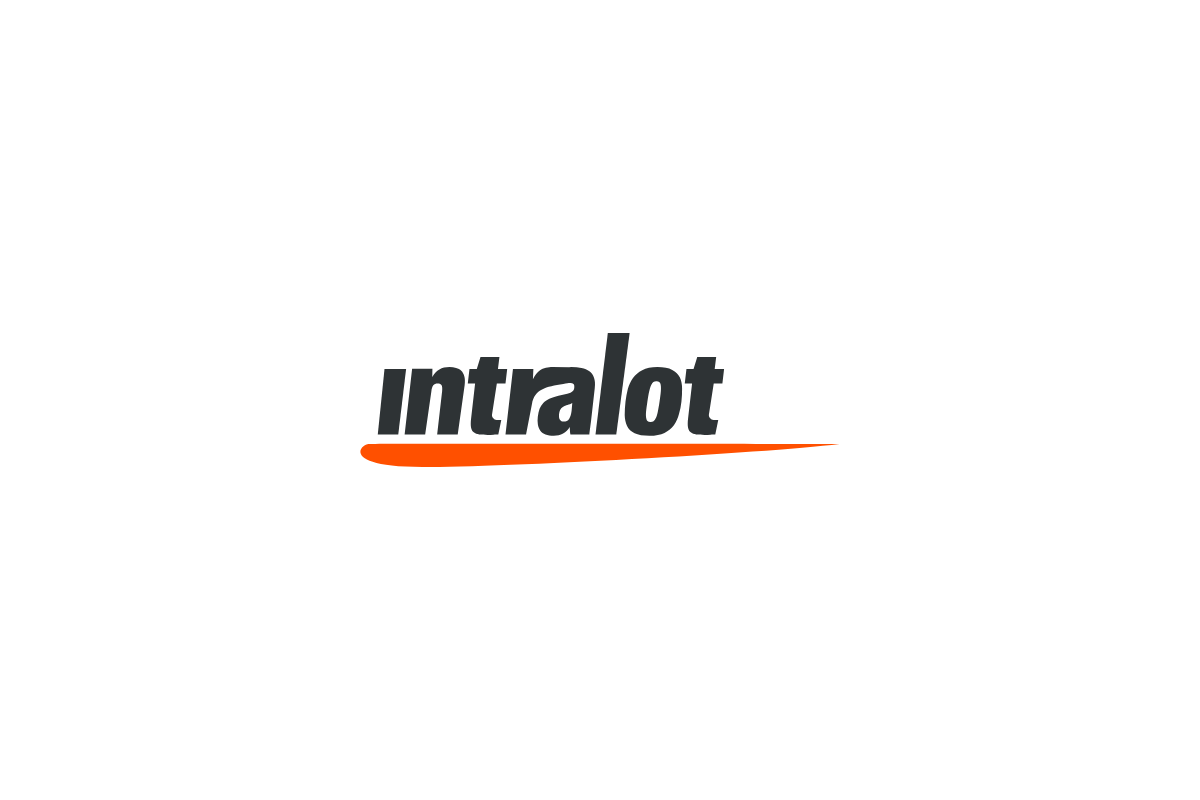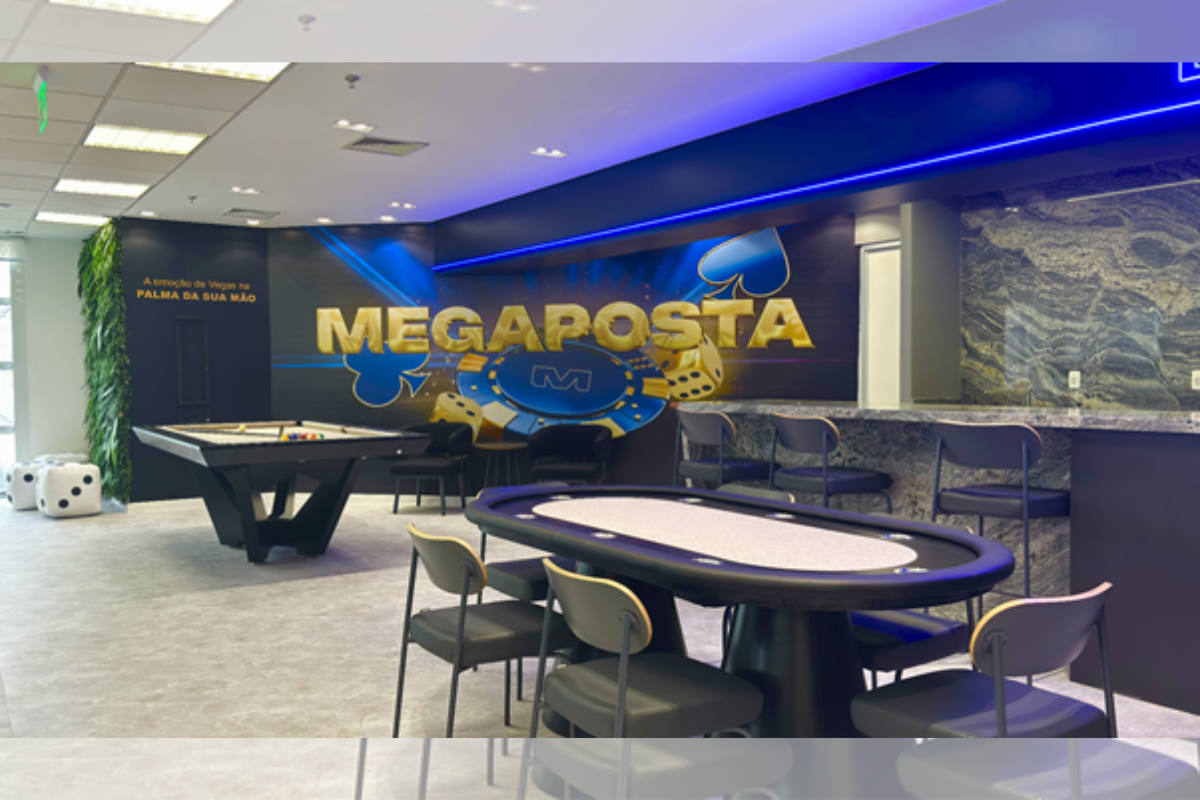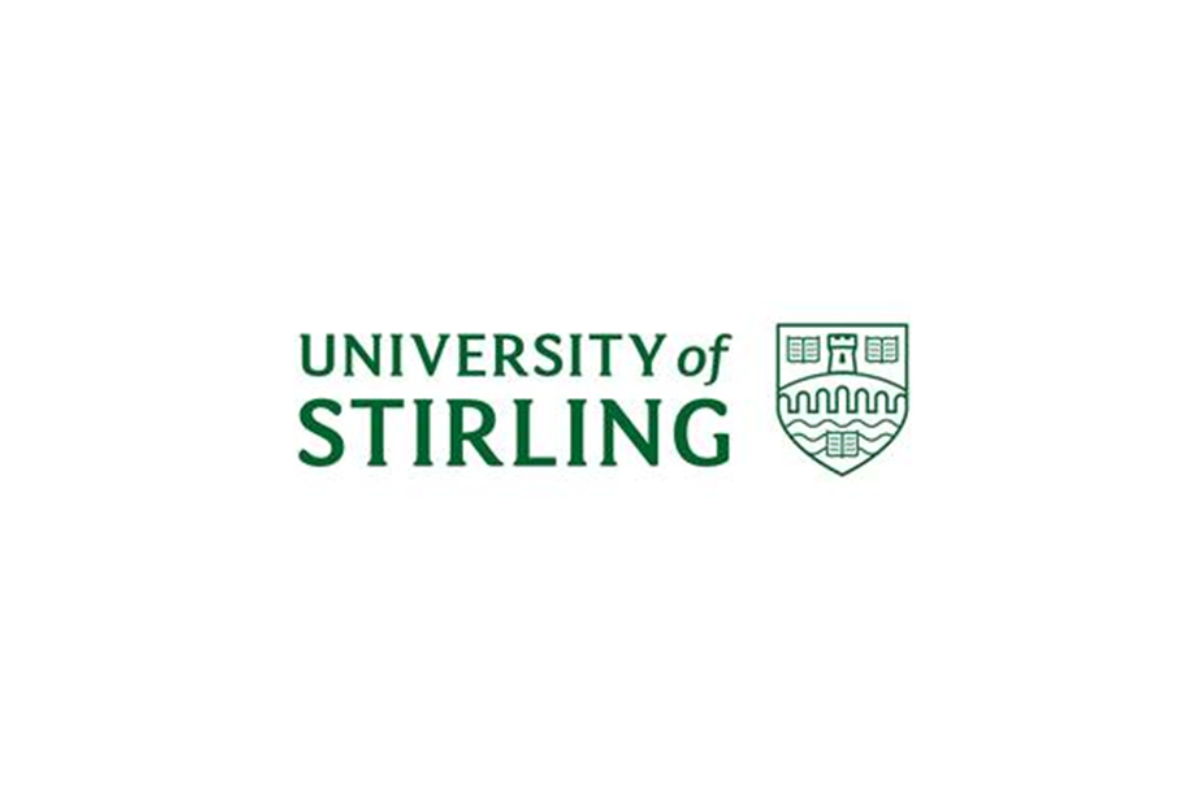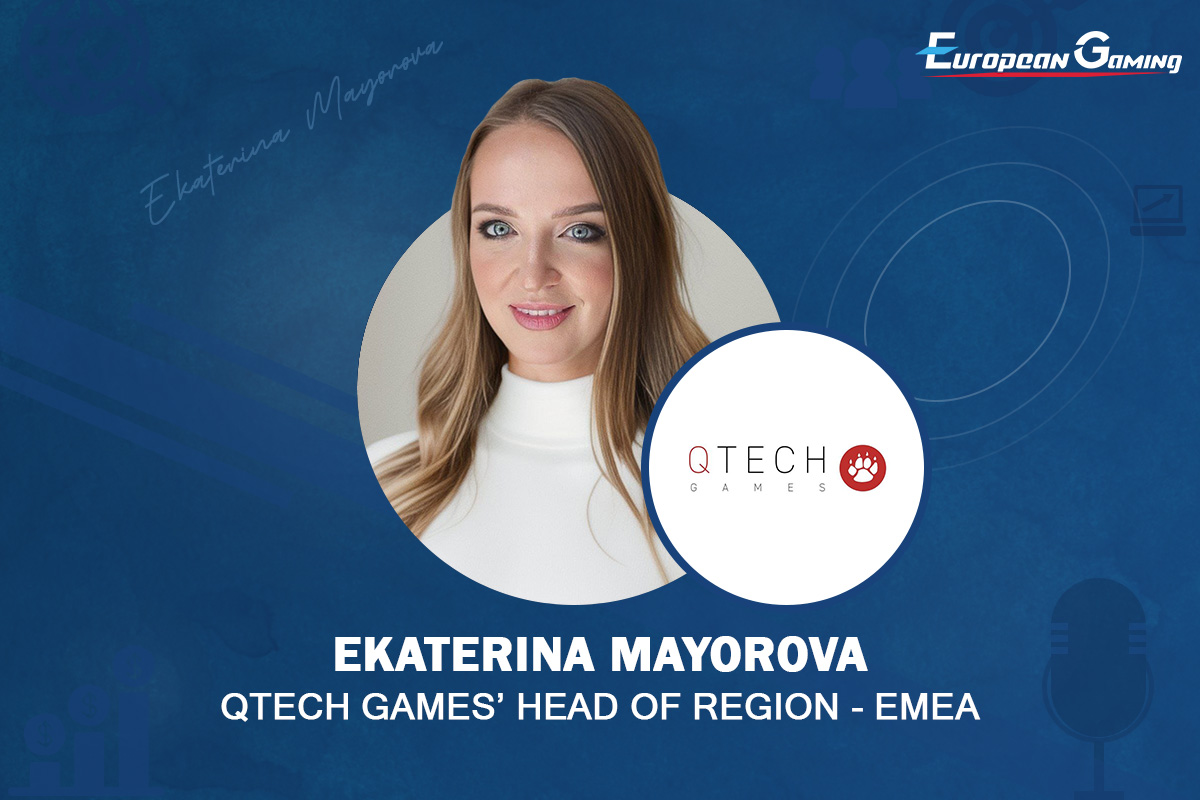Compliance Updates
Germany: First esports tournaments and leagues qualify for simplified visa application process
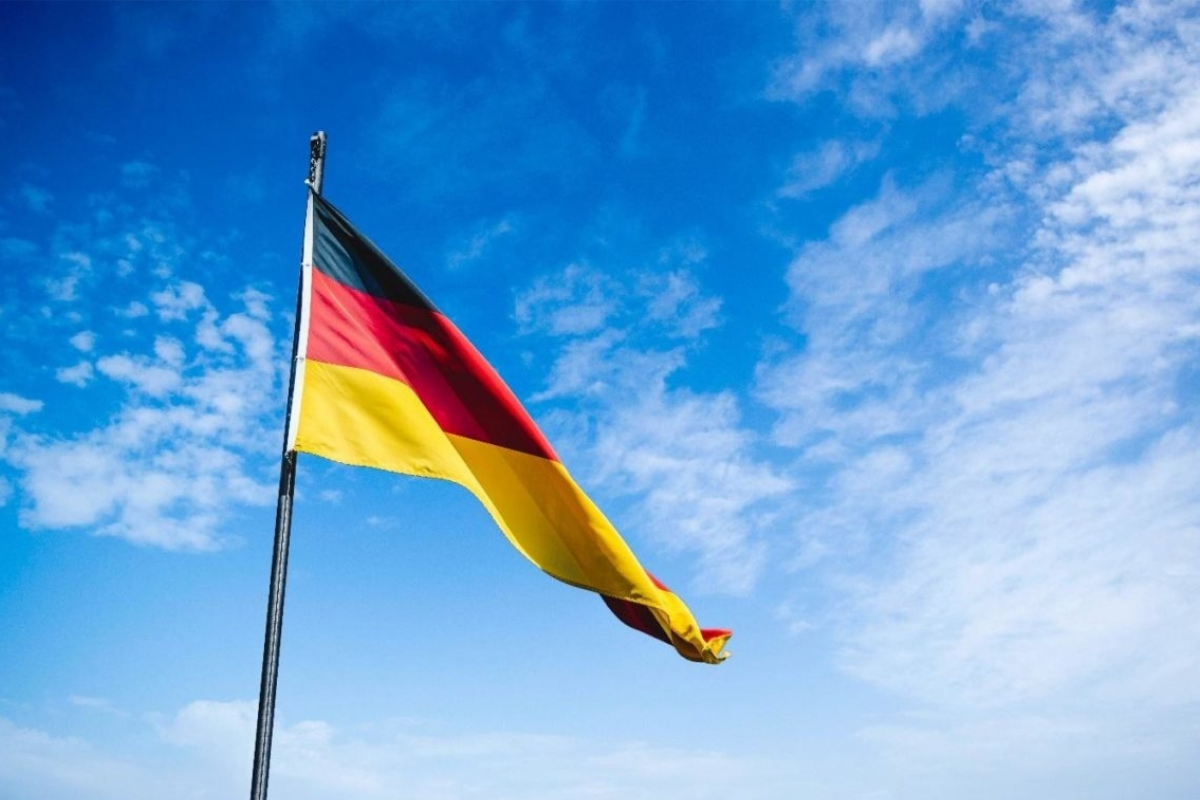
The German Esports Federation (eSport-Bund Deutschland, ESBD) and game – the German Games Industry Association have jointly announced the first esports tournaments and leagues for which professional esports players from third countries will be able to take advantage of a new, simplified visa application process. Competitions that have qualified under the German Ordinance on the Employment of Foreigners (Beschäftigungsverordnung) include international leagues such as the League of Legends European Championship organised by Riot Games and 99Damage Liga from Freaks 4U Gaming as well as tournaments like the Intel Extreme Masters Cologne from ESL Gaming. Esports titles such as ‘Clash of Clans’, ‘Counter-Strike: Global Offensive’, ‘Dota 2’, ‘League of Legends’ and ‘Warcraft III: Reforged’ fall under the umbrella of these qualifications. In practice, the new process enables professional esports players from third countries to obtain a visa for these competitions under facilitated conditions, thereby placing them on equal footing with other occupational groups.
To take advantage of the simplified visa application process, esports players must meet certain requirements as defined by the federal government in the Ordinance on the Employment of Foreigners: they must be at least 16 years old, demonstrate a minimum salary level and present confirmation of their professional activity. game and the ESBD have agreed on a procedure to define the ‘substantial national and international significance’ of competitions and to verify applicants’ ‘professional practice’. The ESBD has made available an application portal and, for individual cases, an email address to all interested organisers and players.
‘Today Germany is already a location for many high-level esports competitions,’ says Felix Falk, Managing Director of game. ‘The newly facilitated visa issuing procedures for professional esports players will benefit the country’s long-term development in this arena. game and the ESBD have campaigned collaboratively for this political success. Now it’s important that promoters and esports players take advantage of the new opportunity.’
‘The esports visa represents an important easing of restrictions for professional esports in Germany,’ emphasises ESBD president Daniel Luther. ‘The burdensome previous process will now be a thing of the past. We’re thrilled that organised esports is advocating jointly for an improved policy framework.’
The second round of the process for inclusion in the list of qualified gaming operations will begin in October. Organisers seeking to register leagues and tournaments are encouraged to submit the necessary documents for verification. Leagues and tournaments which have already qualified must obtain renewed confirmation of their substantial national and international significance. The process takes place semi-annually.
The complete list of qualified tournaments and leagues:
• 99Damage Liga, Freaks 4U Gaming
• ESL One Germany, ESL Gaming
• ESL Meisterschaft, ESL Gaming
• Intel Extreme Master Cologne, ESL Gaming
• League of Legends European Championship, Riot Games
• League of Legends Prime League Pro Division, Riot Games
An extensive FAQ on the awarding of visas for esports players and organisers of esports competitions can be found at www.game.de/esport/esport-visum or at https://esportbund.de/esport/visa/
-
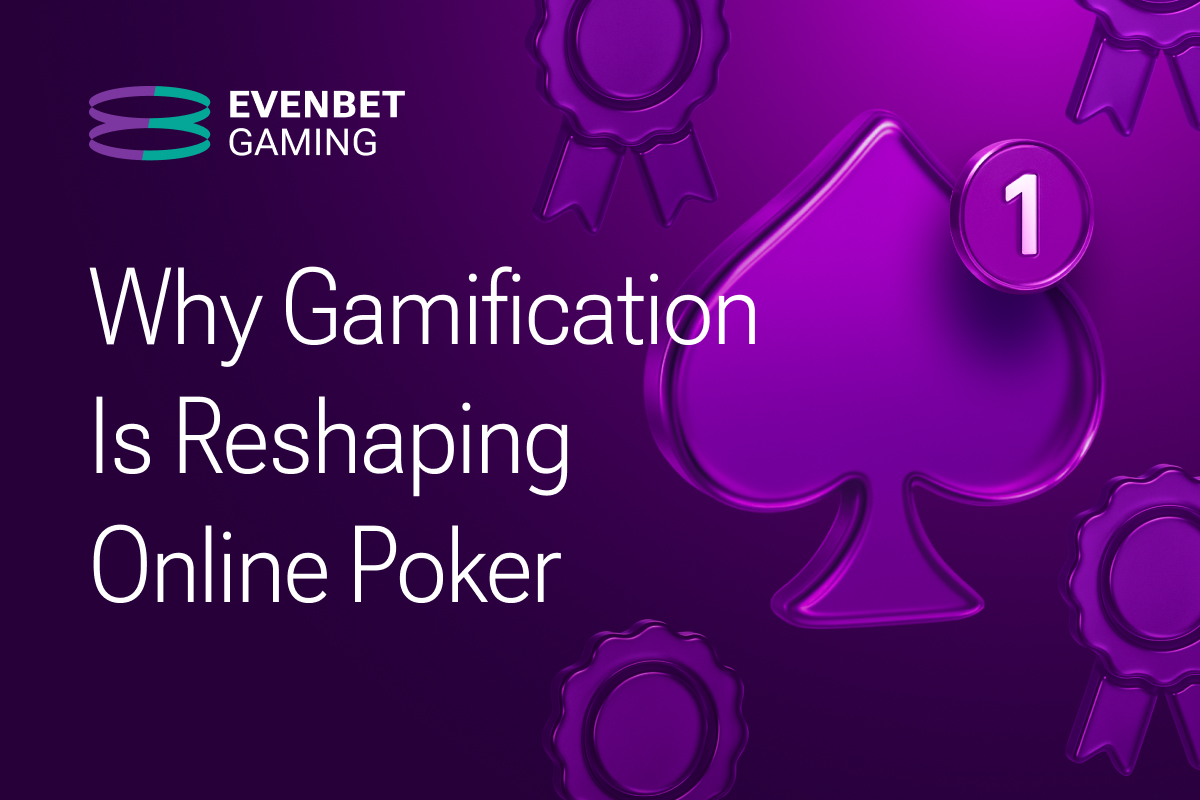
 Latest News7 days ago
Latest News7 days agoWhy Gamification Is Reshaping Online Poker
-
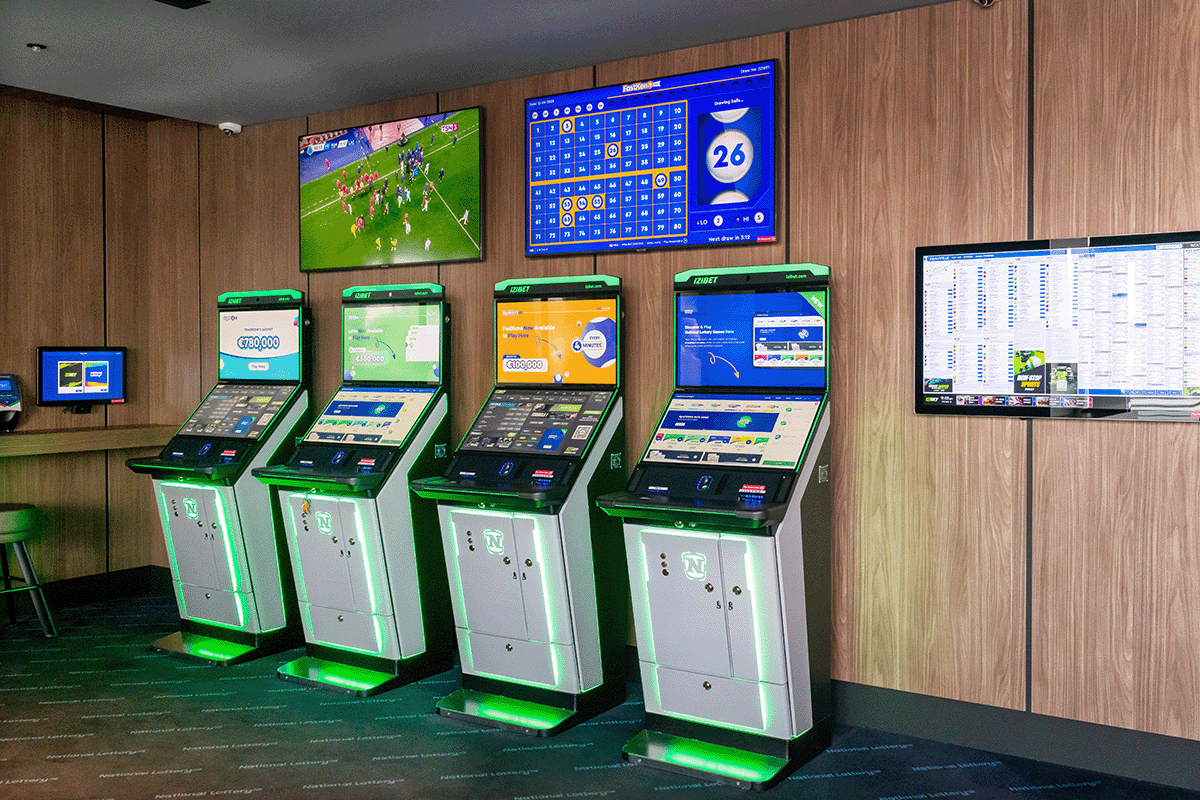
 Latest News7 days ago
Latest News7 days agoWorld’s First Self-Service Sports Betting & Lottery Terminal by IZIGROUP
-
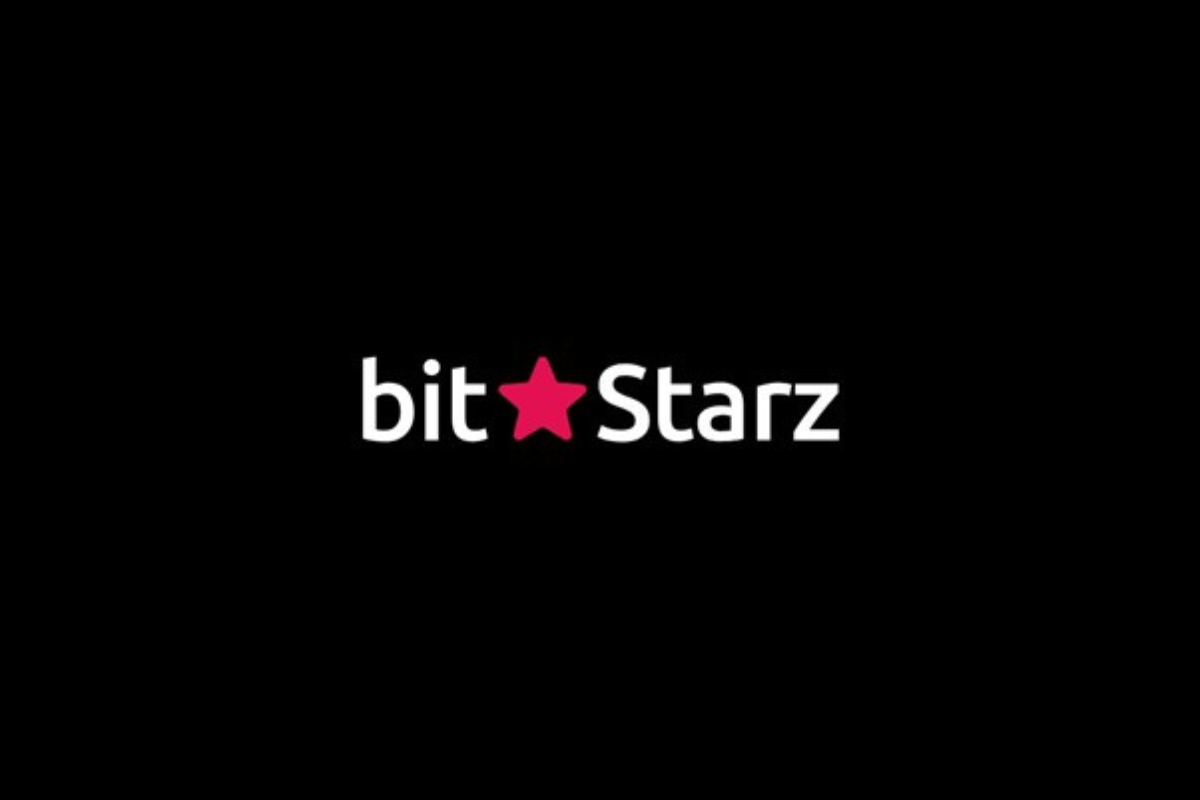
 Latest News4 days ago
Latest News4 days agoBitStarz Casino Review 2025: The Leading Crypto & Bitcoin Casino With Instant Withdrawal, Fast Payout & Latest Bonuses!
-

 Latest News4 days ago
Latest News4 days agoEGT Digital’s games are available to Bangbet’s customers in Tanzania
-
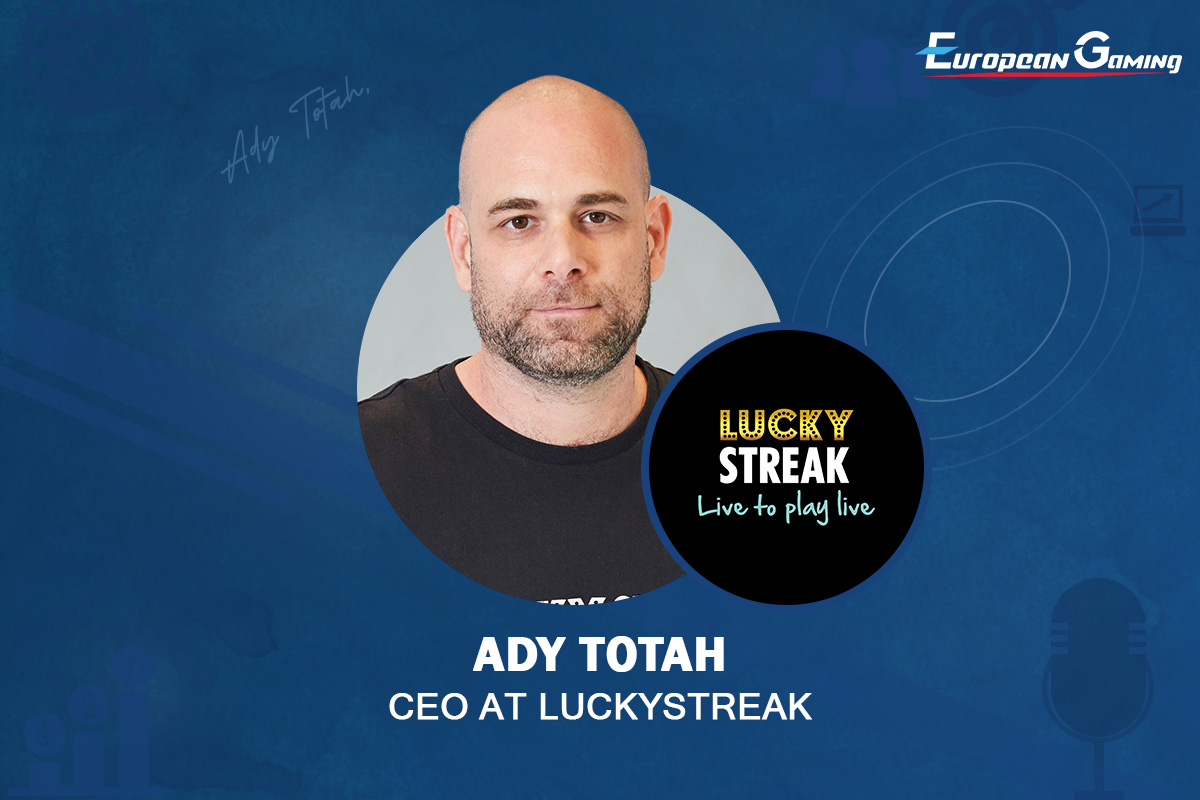
 Interviews4 days ago
Interviews4 days agoScale isn’t everything: Why agility is the new advantage in live casino
-
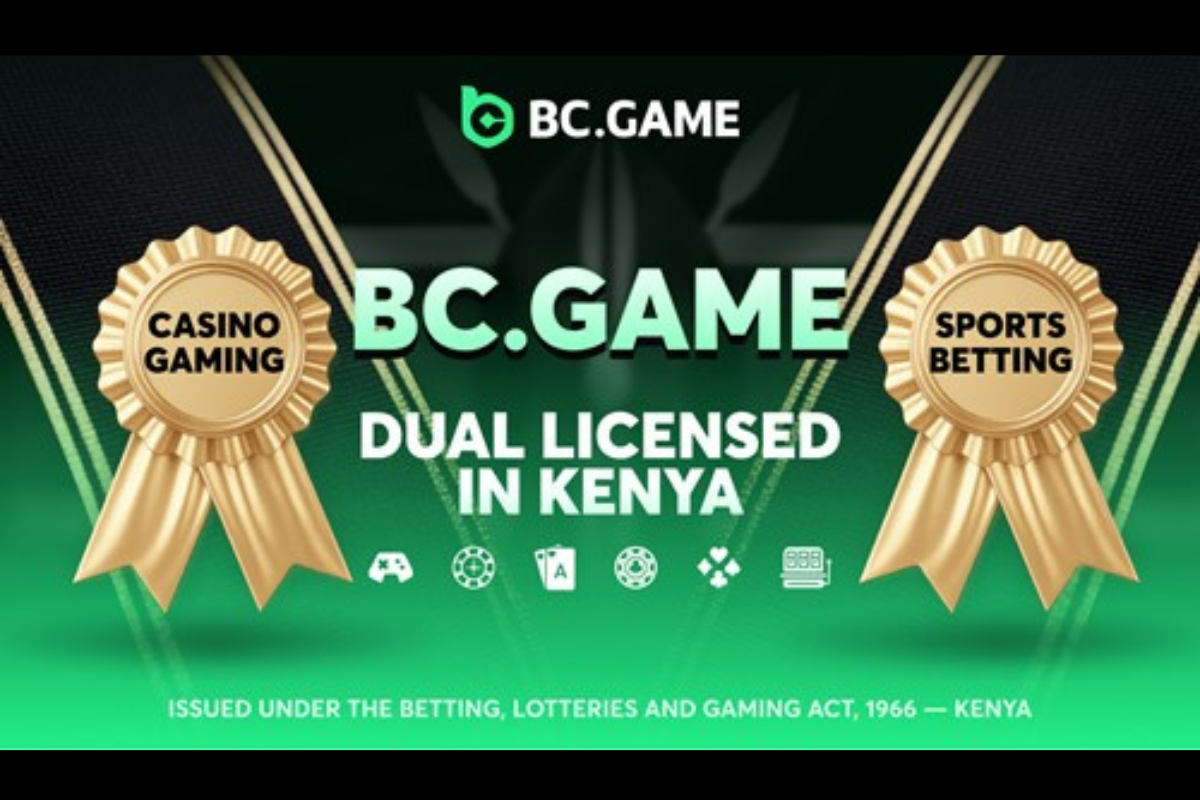
 Latest News4 days ago
Latest News4 days agoBC.GAME Strengthens African Strategy with Dual Regulatory Approval in Kenya
-

 eSports4 days ago
eSports4 days agoNODWIN Gaming and JioStar unveiling BGMS Season 4 with OnePlus as Title Partner and Android as Co-Title Partner
-
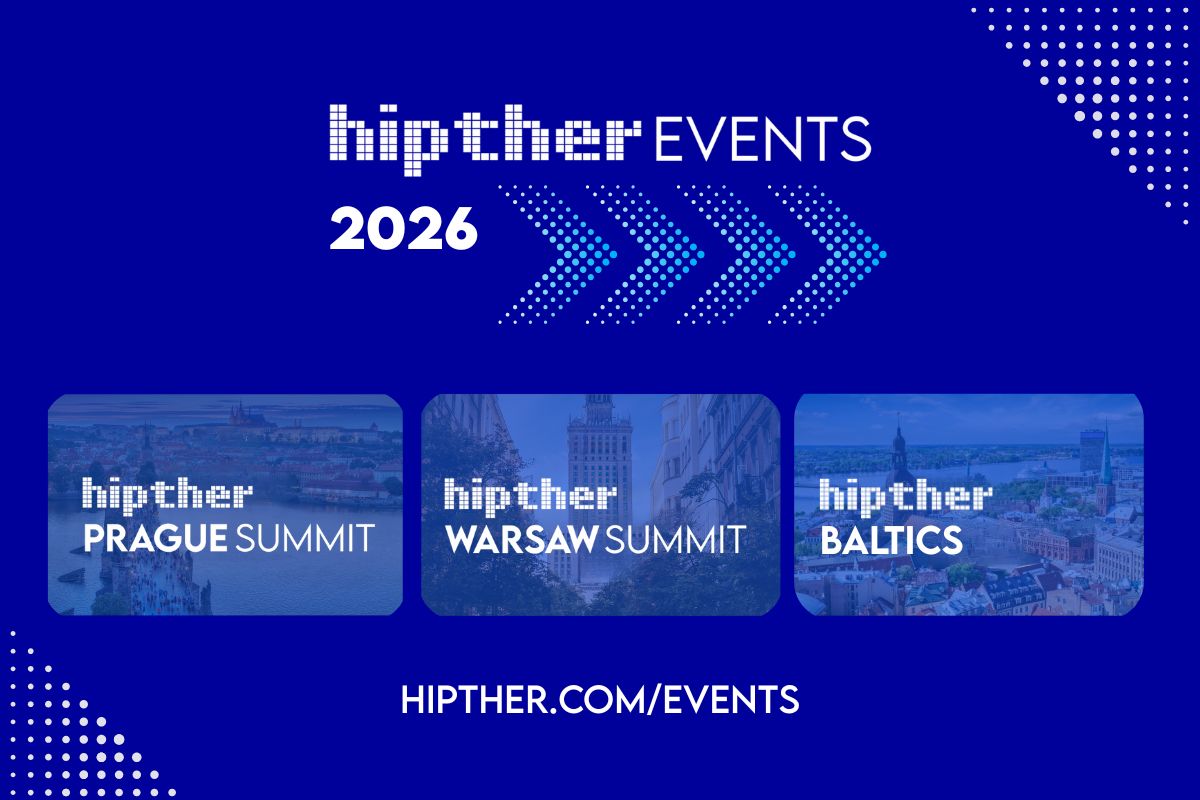
 Latest News4 days ago
Latest News4 days agoHIPTHER Announces In-Person Events Rebrand, Baltics Focus & Digital Events Lounge for 2026







